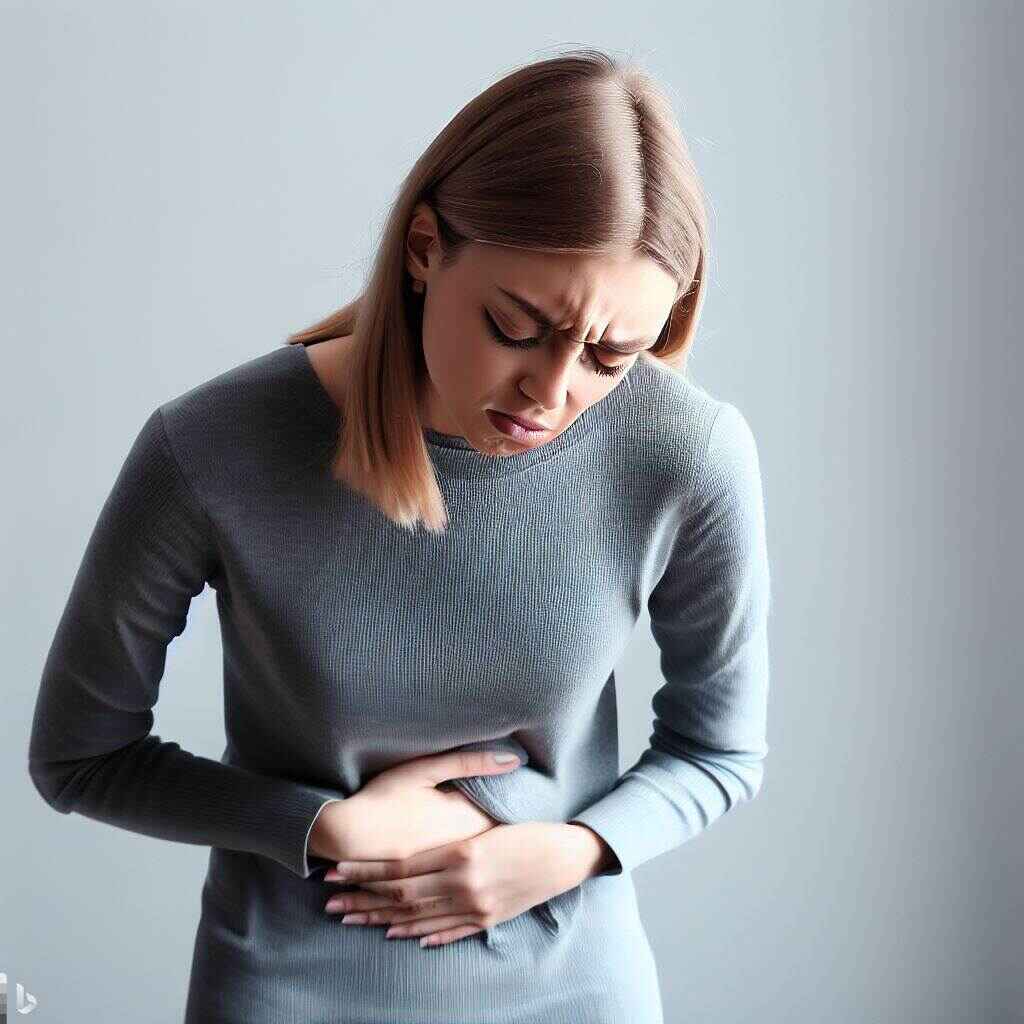What is Gastroenteritis?
Gastroenteritis is an infection that causes inflammation of the stomach, small and large intestines. The majority of cases are infectious, but gastroenteritis can occur after ingesting pharmaceuticals, medications, or chemical poisons (for example, metals or plant compounds).
Contact with an infected person or consumption of contaminated food or water is the most common way to contract viral gastroenteritis, also known as stomach flu. If you’re otherwise healthy, you should recover without incident. Viral gastroenteritis, on the other hand, can be fatal in infants, the elderly, and people with weakened immune systems.
Also, Read 2023 Health Awareness Days, Weeks, and Months Calendar
Causes
Gastroenteritis can be brought on by several circumstances, including:
- Viruses
- Bacteria
- Parasites
- Chemicals
- Reactions to specific medications and foods
The most prevalent form is viral gastroenteritis. Many viruses, including noroviruses and rotaviruses, can cause it. Some refer to viral gastroenteritis as “stomach flu.” However, this is not a medically correct name. It is not brought on by flu viruses. The influenza virus is a respiratory infection that affects the nose, throat, and lungs.
Food poisoning occurs when gastroenteritis is caused by consuming foods or drinks contaminated with viruses, germs, parasites, or chemicals.
Gastroenteritis viruses, bacteria, and parasites can pass from person to person. You could become infected if you touch something contaminated with germs and then touch your eyes, mouth, or nose.
Symptoms
Gastroenteritis symptoms can include:
- appetite loss
- bloating
- nausea
- abdominal cramps
- vomiting
- stomach ache
- diarrhoea
- bloody stools (poo) – in some cases
- In certain circumstances, there is pus in the faeces.
- feeling weak – including fatigue and body aches.

Risk factors
Gastroenteritis can afflict persons of all ages and happens all over the world.
Risk factors include:
- Heavy metals in drinking water (arsenic, cadmium, lead, or mercury)
- Consuming a lot of acidic meals such as citrus fruits and tomatoes
- Toxins that may be present in certain shellfish
- Antibiotics, antacids, laxatives, and chemotherapy drugs are examples of medications.
People who are more prone to gastroenteritis include:
- Young children
- Older adults
- Schoolchildren or dormitory resident
- Anyone with a weakened immune system
Diagnosis
Since different types of gastroenteritis respond differently to therapies, determining their cause is crucial. Approaches of diagnosis may include:
- medical history
- physical examination
- blood tests
- stool tests.
Treatment
electrolytes. You could be advised to take a probiotic by your doctor. According to studies, some probiotics can help in reducing the duration of a case of diarrhoea.
Those who experience more severe symptoms might require medication to prevent nausea or vomiting. Other medications, such as antibiotics for some bacterial varieties of gastroenteritis and antiparasitic medications for some parasitic types, may also be prescribed by healthcare professionals.
Diet
You should eat:
- Pastas
- Rice
- Lean meats cooked with minimal fat
- Low-fat cooked fish
- Eggs
- Fruits, either fresh or canned in their juice
- Cooked vegetables
- Sugar-free cereals
- Bread
- low-fat yogurts;
- low-fat cheese;
- Milk.

You should avoid
- Fruit juices with a high sugar content and fruit drinks
- Gatorade and other sports drinks
- Soft or carbonated beverages
- Caffeinated beverages
- Soups and broths, canned or packed
- Fried or high-fat foods (delicatessen, potato chips, French fries, pastries)
- Ice cream, sherbet, popsicles, and jellies (such as Jell-O) are all examples of frozen desserts.
- Fruits dried and canned in syrup
- Sweet cereals
- Chocolate and candy
- Foods with a lot of heat
Also, Read Know About DMIT: Science, Facts, Research, Uses, Applications
Prevention
- Vaccinate your kid.
- Thoroughly wash your hands.
- Separate your items around your home.
- Safely prepare food.
- Maintain your distance.
- Hard surfaces should be disinfected.
- Touching laundry that has been exposed to a virus should be avoided.
- When travelling, take care. Only consume bottled water when travelling to other countries
- Regularly clean the toilet and bathroom (particularly the toilet seat, door handles, and faucets).
- Stay at home until 48 hours after your symptoms have subsided. If your symptoms persist, see your doctor.





